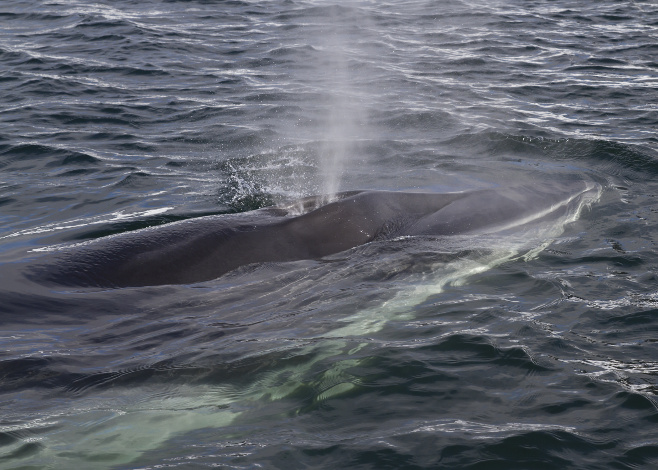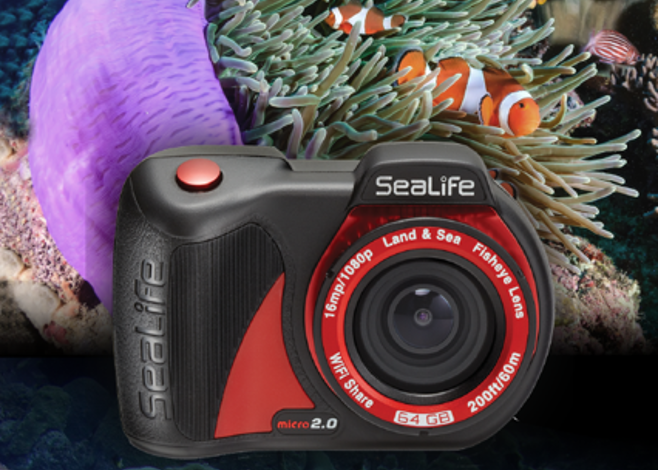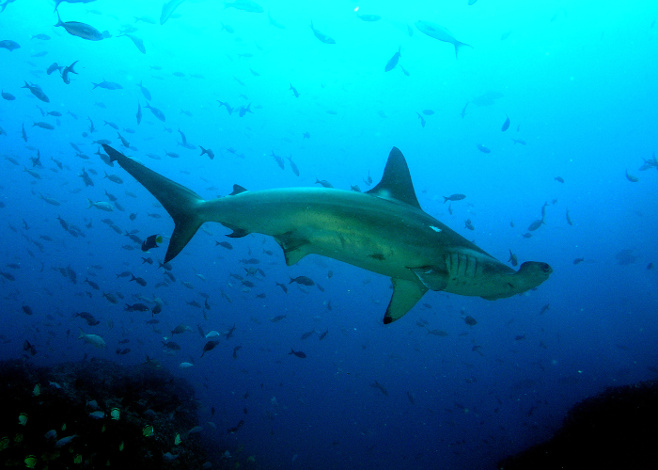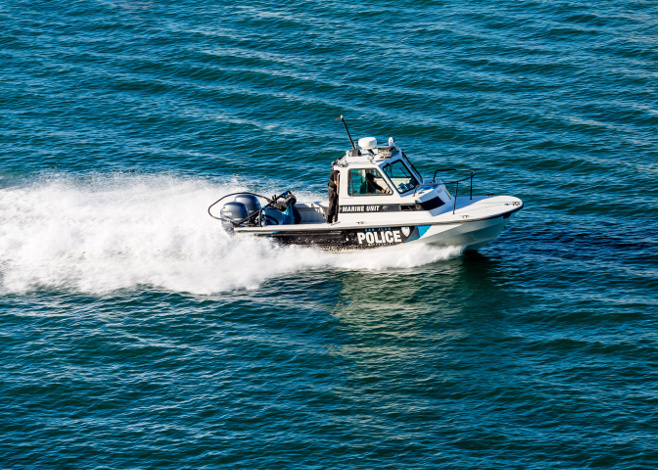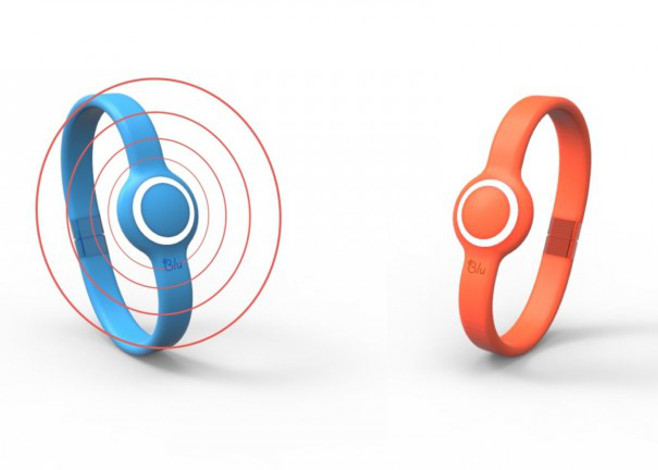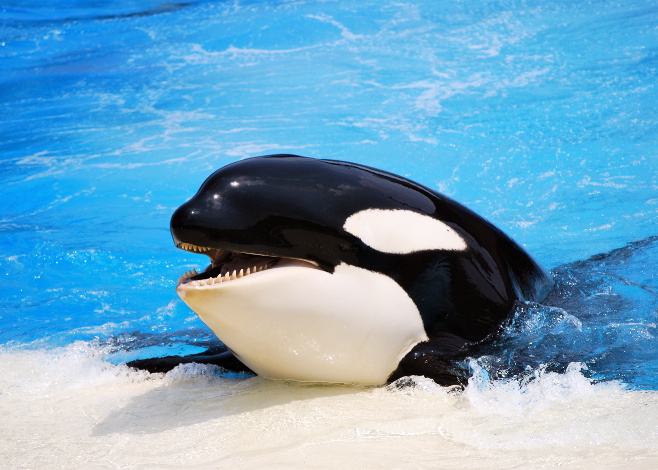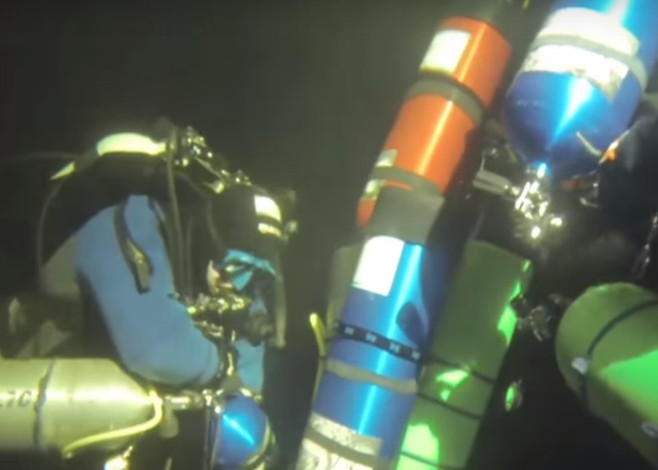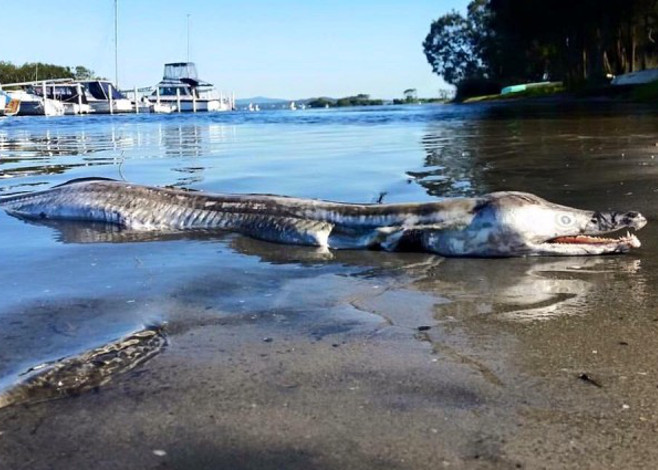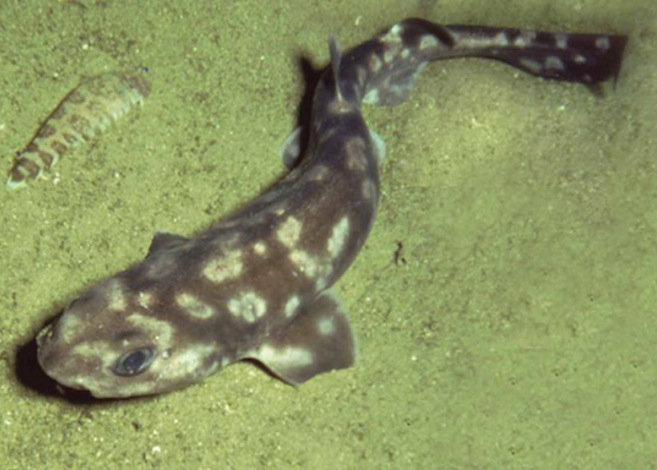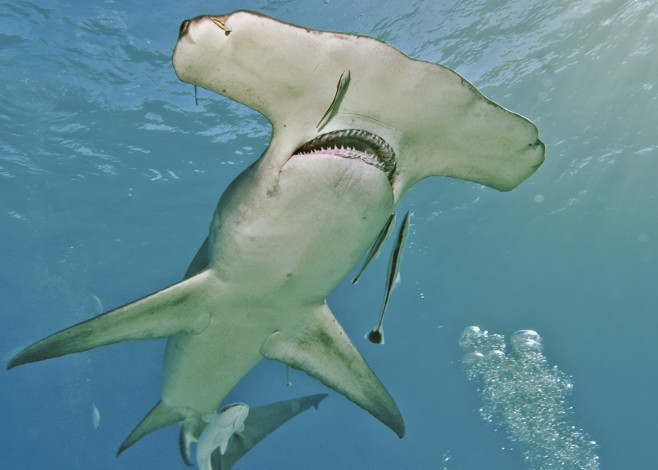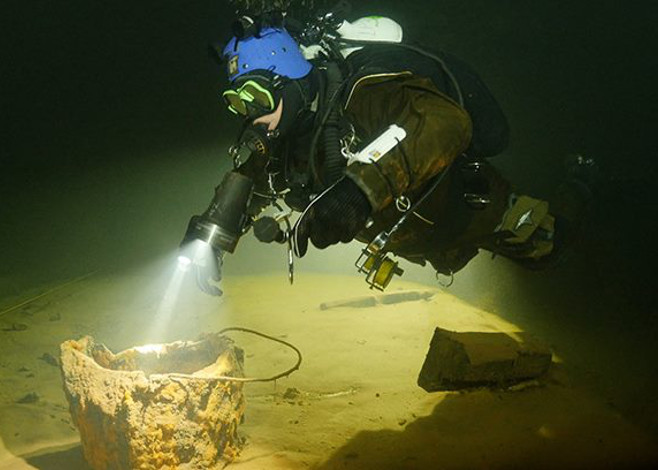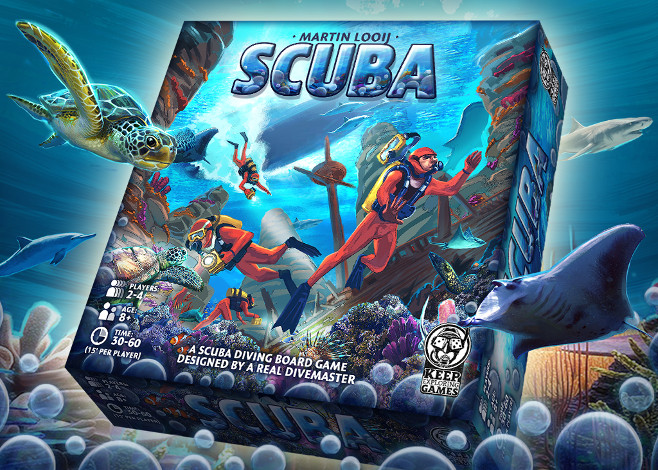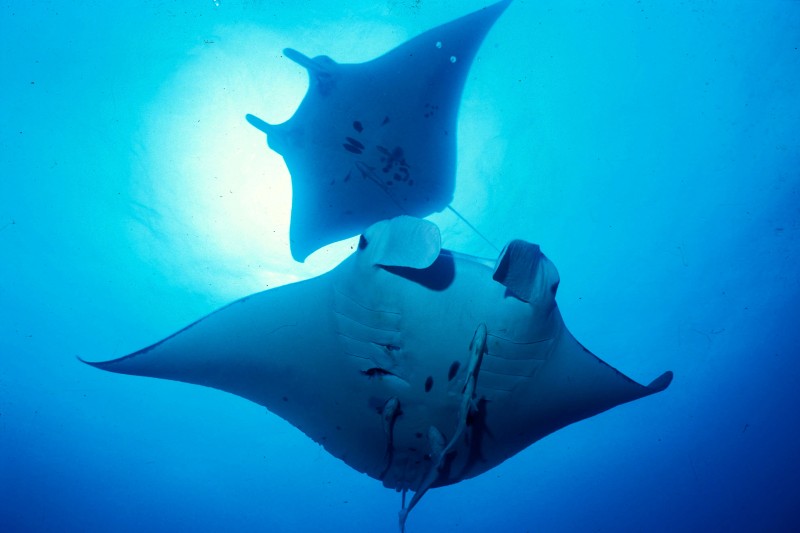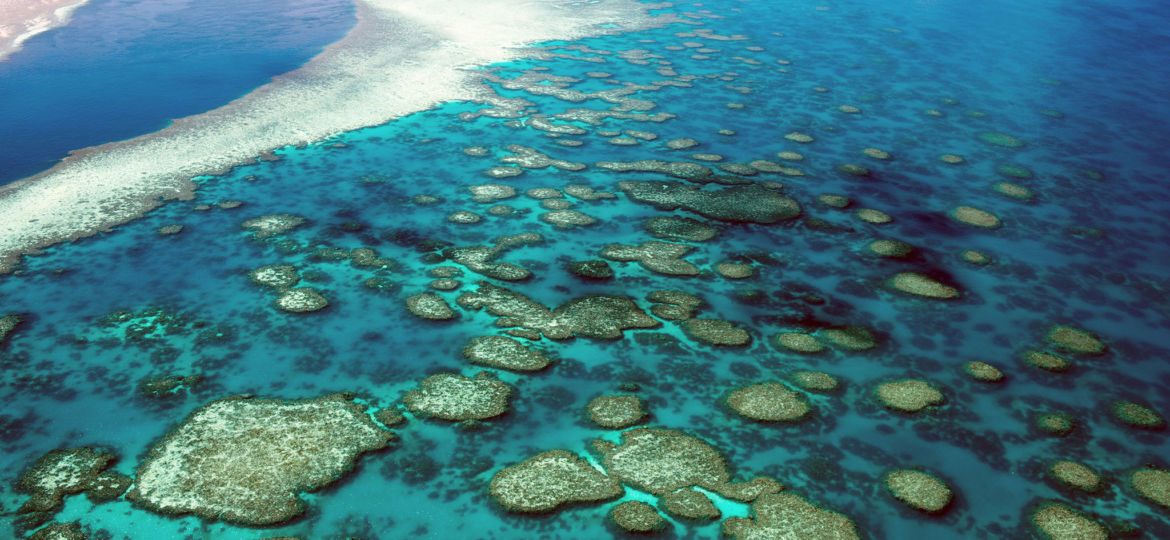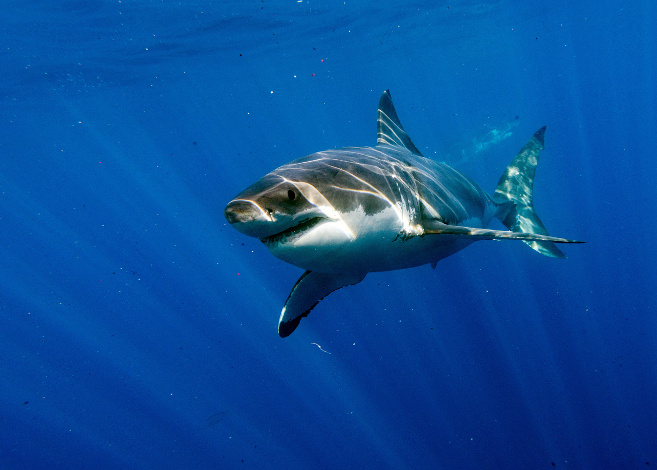Last week, 333 minke whales lost their lives as Japan’s Institute for Cetacean Research announced that the animals had been captured and killed during the organization’s recent 115-day expedition to Antarctica.
News
The SeaLife Micro Cam App makes image and video transfer easy by wirelessly bridging the Micro 2.0 or HD+ camera to your smart device.
Feature documentary recognized At the world-famous Nice International Film Festival
After two years of scientific study and political discussion, the Ecuadorian government has announced the creation of a new marine sanctuary in the Galapagos.
A new unit of underwater officers has been launched in Malaysia to protect the legendary dive site of Sipadan.
A personal scare inspired a university student in Israel to produce a novel safety gadget with which to contact his buddy.
After much campaigning by activists and continued negative press, SeaWorld has agreed to end its controversial captive orca breeding program.
A group of Russian divers from the Russian Geographical Society made a 335-foot (102 m) dive below sea ice in the White Sea.
Project Ariadna unveils the first-ever independent GPS-based underwater navigation technology for divers.
An apparently huge marine animal that looks like a combination of a crocodile and an eel has washed up in Australia. But what is it?
Although it’s been more than 150 years since Charles Darwin made the Galapagos Islands famous for its many indigenous species, these remarkable islands are not yet done surprising us.
Malta can add yet another dive-able wreck to its already impressive collection: A Lockheed P2V Neptune.
New crowdfunded film will take the oceans to the public like never before
In 10 days, some of the world’s most intrepid cave divers will mount an expedition to penetrate a subterranean world that’s remained hidden for more than 50 years. Ultimately, they’re doing it for you.
Scuba – the board game is now live on Kickstarter. Put your diving gear on, jump off the boat, and have fun!
The decision means a big win when it comes to preserving the world’s largest remaining population of manta rays.
Satellites usually trained on space will now spend some time investigating what’s going on in the planet’s oceans.
During its brief residency at Okinawa Churaumi, the shark appeared to have difficulty adjusting to the confines of its new home and refused food of any kind.


